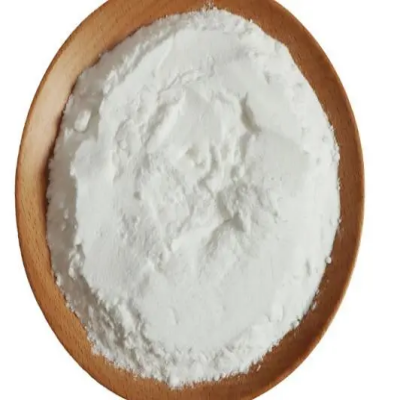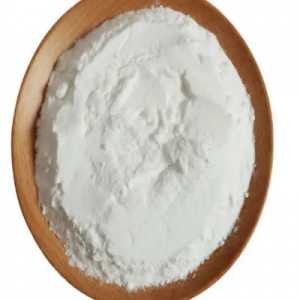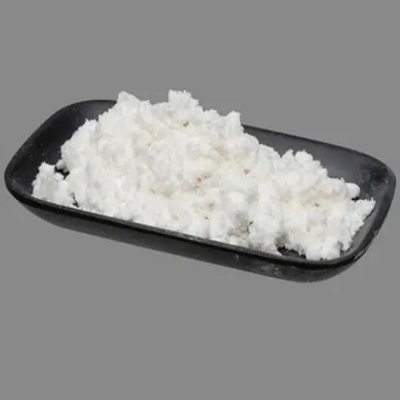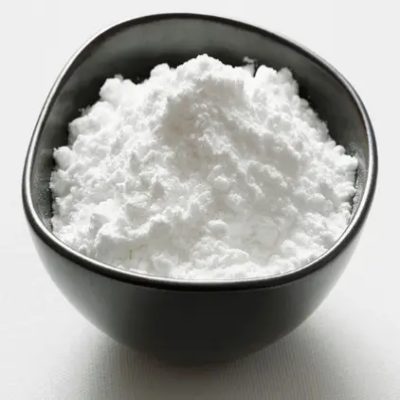Amylase CAS:9013-1-8
In animal nutrition, amylase is added to feed formulations to optimize the utilization of starch-rich ingredients such as grains and cereals. By breaking down complex carbohydrates into more readily available forms, amylase enhances the digestibility of these feed components, leading to improved energy utilization and better overall nutrient absorption in livestock and poultry. Moreover, the inclusion of amylase in animal feed supports sustainable production practices by mitigating the impact of undigested starch on animal waste and environmental pollution. Enhanced carbohydrate digestion through amylase supplementation contributes to reduced excretion of undigested nutrients, promoting more efficient nutrient use and minimizing potential environmental impact associated with excess nutrient runoff from animal operations. Proper dosage and application of amylase in feed manufacturing are crucial for realizing its benefits without compromising animal health or product quality. Adhering to recommended guidelines and integrating amylase into comprehensive feed management programs allows farmers to optimize its effectiveness while ensuring responsible and sustainable animal production practices. In summary, amylase's role in improving carbohydrate digestion and nutrient utilization makes it an invaluable component in animal feed formulations. By enhancing the availability of energy and nutrients from starch-based ingredients, amylase supports improved feed efficiency and sustainable livestock and poultry production. Its use aligns with the goals of resource efficiency, environmental sustainability, and optimal animal nutrition in modern agricultural practices.



| Composition | |
| Assay | 99% |
| Appearance | white powder |
| CAS No. | 9013-1-8 |
| Packing | Small and bulk |
| Shelf Life | 2 years |
| Storage | Store in cool and dry area |
| Certification | ISO. |








![Dichloro-[2,2]-paracyclophane CAS:28804-46-8](https://cdn.globalso.com/xindaobiotech/GRKLPVJ3QSJRM3.png)
